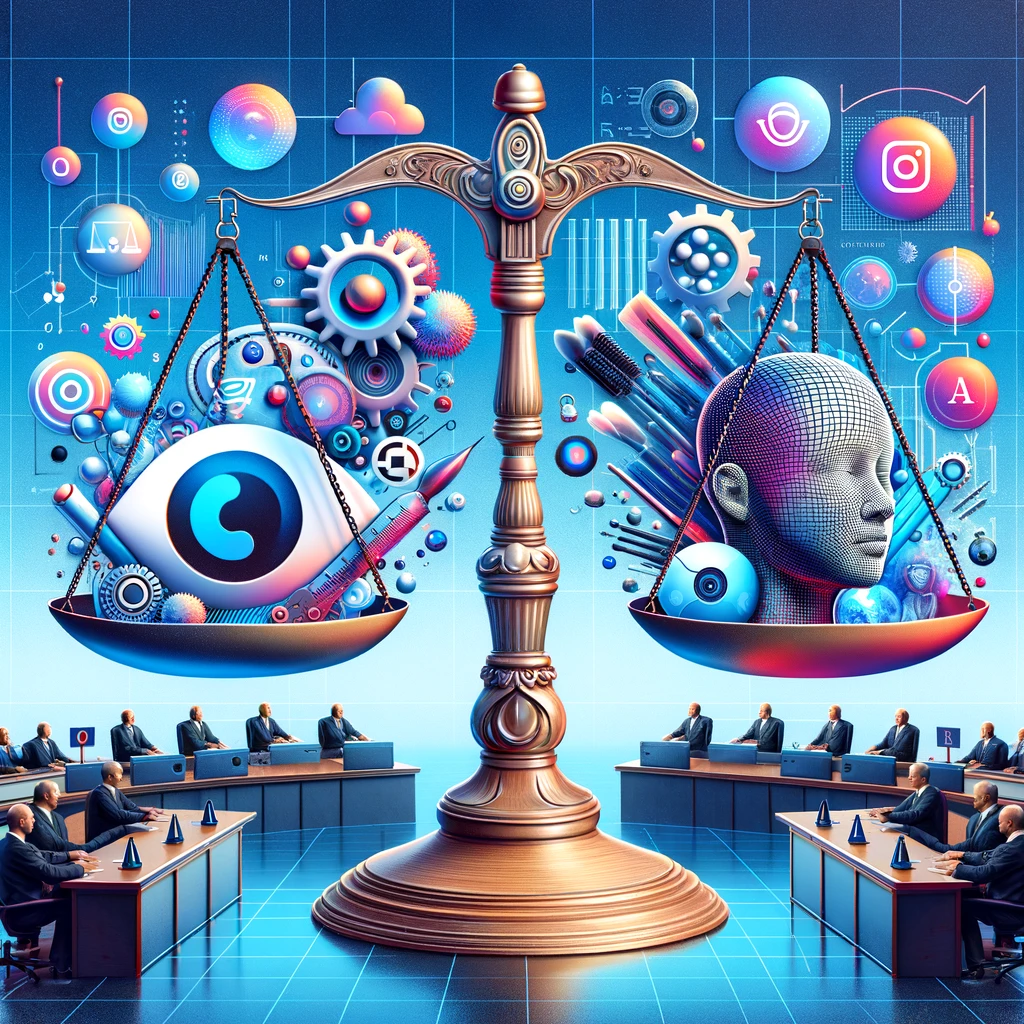OpenAI, a leading AI startup, is making waves with its accelerator programs and recent partnerships, navigating the complex intersection of innovation, copyright, and ethics in the AI landscape.
OpenAI’s Converge-2 Program: Empowering Startups with AI
OpenAI’s latest initiative, Converge-2, is the second cohort of a program designed to empower “exceptional engineers, designers, researchers, and product builders” in the realm of AI. This program, backed by a $100 million-plus fund from partners like Microsoft, will invest $1 million in equity in each of the 10-15 selected startups. Converge-2 stands out not only for its substantial funding but also for its commitment to diversity, inviting founders from varied backgrounds and experience levels to apply, regardless of their location or prior experience with AI systems.

OpenAI and Axel Springer’s Partnership: A New Model for Generative AI
In a strategic move, OpenAI has partnered with Axel Springer, the owner of major publications like Business Insider and Politico, to train its generative AI models on the publisher’s content. This partnership marks OpenAI’s second major collaboration with a news organization, following a similar deal with The Associated Press. ChatGPT users will now receive summaries of select Axel Springer articles, including those behind paywalls, with appropriate attribution and links to full articles. In return, Axel Springer receives payments from OpenAI, showcasing a mutually beneficial model for utilizing copyrighted content in AI.
The AI Copyright Debate: Balancing Innovation with Ethics
The collaboration between OpenAI and Axel Springer is set against a backdrop of ongoing debates around the use of copyrighted material in training AI models. Many AI tech vendors argue for ‘fair use’ in scraping internet content for model training, but the legitimacy of this practice is increasingly questioned, especially in the context of pending lawsuits. This has led to growing concerns among publishers about AI models cannibalizing traffic and undermining traditional media business models. In response, some publishers are now using code to block AI companies from scanning their websites for training data.
This evolving landscape has prompted calls for greater transparency and regulation in AI. An open letter from various media organizations, including Getty Images and The Associated Press, has urged policymakers to consider regulations that require transparency into AI training datasets and allow negotiations between media companies and AI model operators. These demands highlight the need for a balanced approach that respects copyright laws while fostering innovation.
In conclusion, OpenAI’s recent endeavors illustrate the dynamic and sometimes contentious world of AI development. The Converge-2 program and the Axel Springer partnership represent significant strides in AI innovation, yet they also underscore the importance of navigating ethical and legal challenges. As AI continues to transform industries, the balance between advancing technology and protecting intellectual property remains a critical consideration for startups, corporations, and regulators alike.










